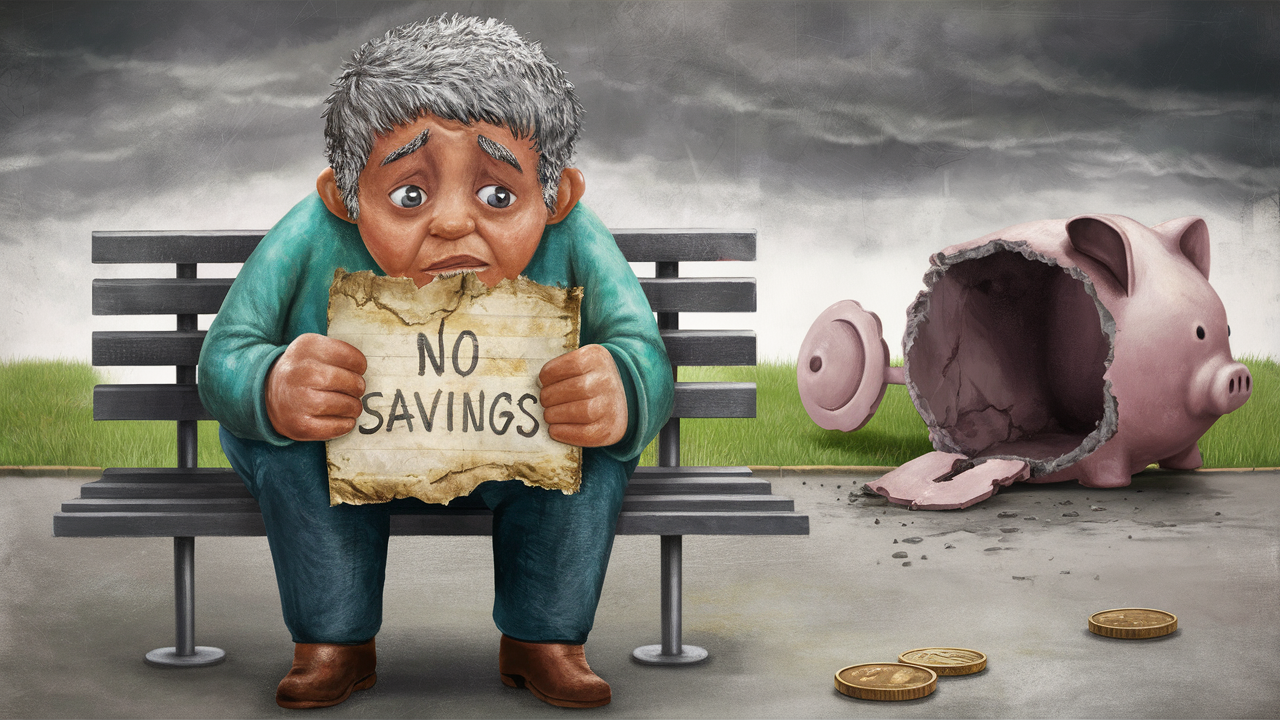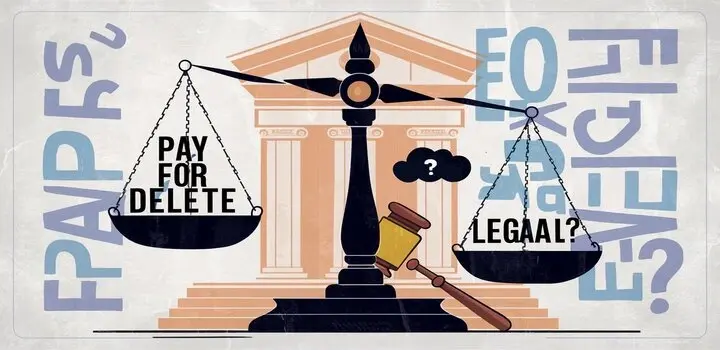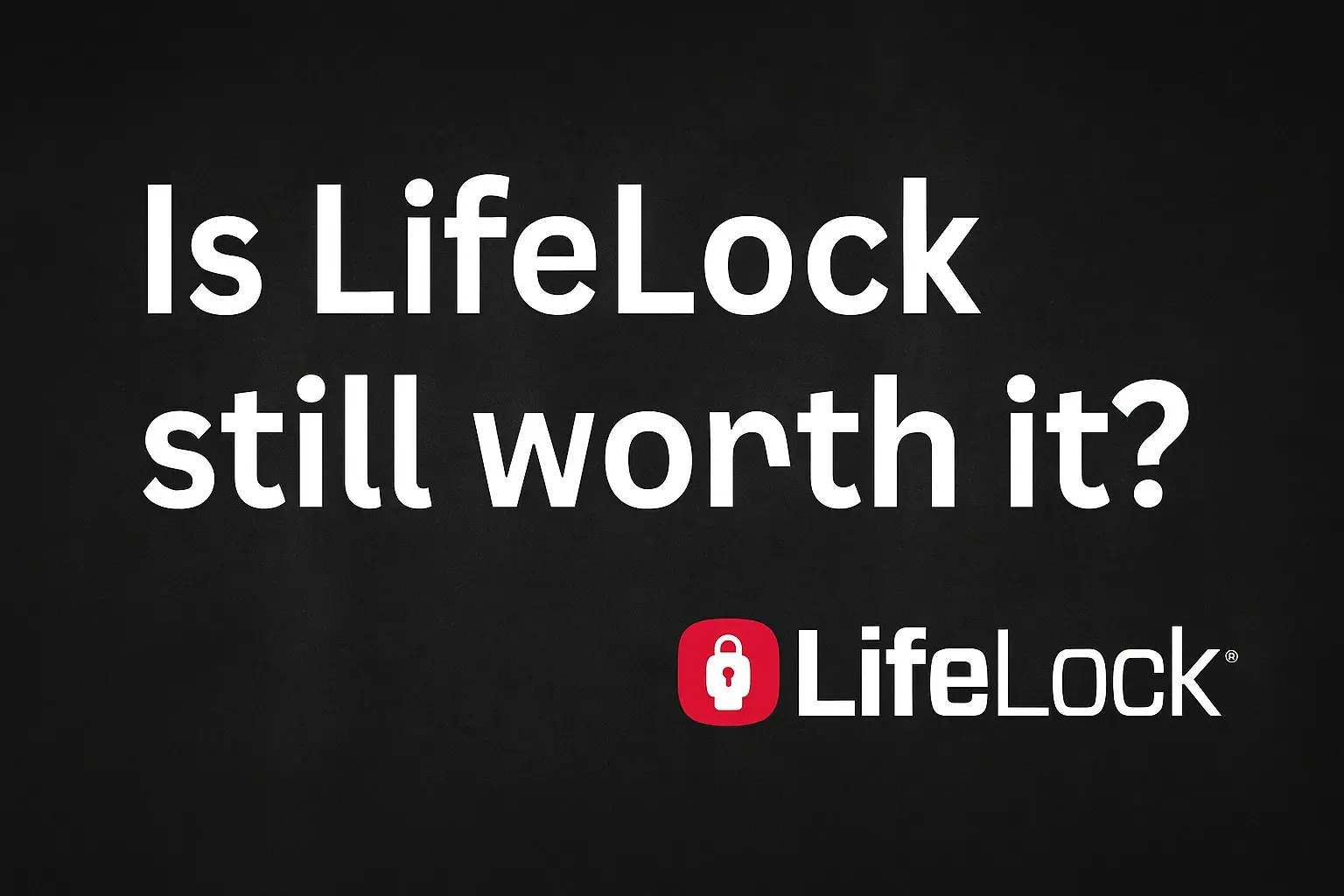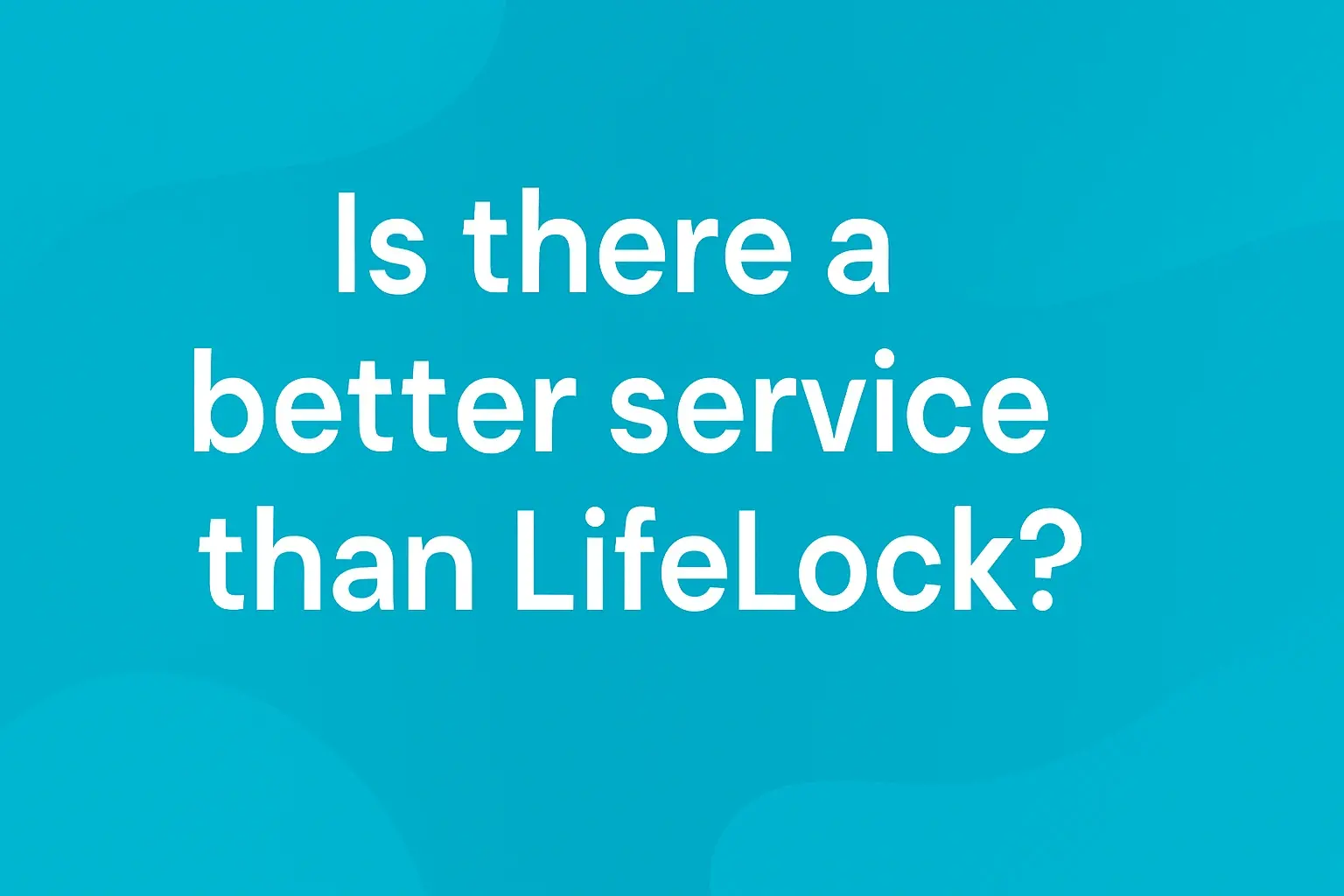-
Posted on: 23 Jul 2024

-
The thought of retirement is often associated with relaxation, travel, and pursuing hobbies. However, the reality for many is overshadowed by the daunting question: What happens if I retire with no savings? This can be a stressful and concerning prospect, but it's not an insurmountable challenge. This article explores the various options and strategies available to navigate retirement without a substantial nest egg.
Understanding the Landscape of Retirement Without Savings
Retiring without savings presents unique challenges, but understanding the potential avenues for support is crucial. It's important to acknowledge the limitations and prepare for a potentially different lifestyle than originally envisioned. Here's a breakdown of the key considerations:
- Limited Financial Freedom: Savings provide flexibility and options. Without them, you'll likely need to rely heavily on external sources of income and assistance.
- Potential Lifestyle Adjustments: Downsizing, reducing discretionary spending, and making significant lifestyle changes may be necessary.
- Dependence on Social Security: Social Security becomes a more vital source of income, potentially requiring you to delay retirement to maximize benefits.
- Importance of Planning: Careful budgeting and exploring all available resources are essential to ensure financial stability.
Key Strategies for Retirement Without Savings
1. Maximizing Social Security Benefits
Social Security is a crucial lifeline for many retirees, especially those with limited or no savings. Understanding how to maximize these benefits is paramount.
Delaying Retirement
The longer you delay retirement (up to age 70), the higher your monthly Social Security benefit will be. Waiting until age 70 can significantly increase your payments compared to claiming at age 62. Consider your health and expected lifespan when making this decision.
Spousal and Survivor Benefits
If you are married or were previously married, you may be eligible for spousal or survivor benefits based on your spouse's or ex-spouse's earnings record. These benefits can provide a significant boost to your income.
Understanding Social Security Rules
Familiarize yourself with the intricacies of Social Security rules, including the impact of working while receiving benefits, taxation of benefits, and eligibility requirements. The Social Security Administration (SSA) website is a valuable resource.
2. Exploring Government Assistance Programs
Various government programs are designed to provide financial assistance to low-income seniors. Researching and applying for these programs can significantly ease the financial burden of retirement.
Supplemental Security Income (SSI)
SSI provides monthly payments to adults and children with limited income and resources who are disabled, blind, or age 65 or older. This program is specifically designed for those with very little income and assets.
Medicare and Medicaid
Medicare provides health insurance to individuals age 65 or older, and Medicaid provides health coverage to eligible individuals and families with low incomes. Access to affordable healthcare is critical in retirement.
SNAP (Supplemental Nutrition Assistance Program)
SNAP, formerly known as food stamps, helps low-income individuals and families afford groceries. This program can free up funds for other essential expenses.
Housing Assistance Programs
HUD (Housing and Urban Development) offers various housing assistance programs, including Section 8 vouchers, which provide rental assistance to eligible low-income families and individuals.
LIHEAP (Low Income Home Energy Assistance Program)
LIHEAP helps low-income households pay for home energy bills, providing assistance with heating and cooling costs.
3. Downsizing and Reducing Expenses
Downsizing your lifestyle and reducing expenses are essential steps for managing retirement without savings. This may involve making difficult choices, but it can significantly improve your financial situation.
Selling Your Home
Selling a larger home and moving to a smaller, more affordable residence can free up a significant amount of capital. Consider the cost of living in different areas and choose a location that suits your budget.
Reducing Discretionary Spending
Identify areas where you can reduce discretionary spending, such as entertainment, dining out, and travel. Prioritize essential expenses and cut back on non-essential items.
Budgeting and Tracking Expenses
Create a detailed budget that tracks your income and expenses. This will help you identify areas where you can save money and ensure that you are living within your means. Utilize budgeting apps or spreadsheets to monitor your spending.
4. Working Part-Time
Working part-time can provide a valuable source of income and help supplement Social Security benefits. Consider your skills, interests, and physical limitations when exploring part-time employment options.
Finding Suitable Part-Time Jobs
Explore various part-time job opportunities that match your skillset and physical abilities. Consider roles in retail, customer service, tutoring, or consulting.
Flexible Work Arrangements
Look for employers that offer flexible work arrangements, such as remote work or flexible hours, to accommodate your needs and preferences.
The Impact on Social Security
Be aware of the impact that working while receiving Social Security benefits can have on your payments. There are earning limits that, if exceeded, can reduce your benefits, especially before full retirement age.
5. Debt Management and Credit Counseling
Managing debt is crucial for maintaining financial stability in retirement. Seek professional help if you are struggling with debt.
Debt Consolidation
Consider consolidating your debts into a single loan with a lower interest rate. This can simplify your payments and reduce your overall debt burden.
Credit Counseling
Contact a non-profit credit counseling agency for guidance on managing debt and improving your credit score. They can provide valuable advice and resources.
Avoiding New Debt
Avoid taking on new debt, especially high-interest credit card debt. This can quickly spiral out of control and make it more difficult to manage your finances.
6. Exploring Alternative Living Arrangements
Consider alternative living arrangements to reduce housing costs.
Living with Family
Moving in with family members can significantly reduce housing expenses and provide a supportive environment.
Shared Housing
Sharing housing with roommates can be a more affordable option than living alone. Consider finding like-minded individuals to share expenses with.
Retirement Communities (Carefully Considered)
While often requiring savings, some retirement communities offer needs-based assistance or lower-cost options. Research thoroughly to determine affordability.
Long-Term Planning and Future Considerations
Even without substantial savings, long-term planning is crucial. Consider these aspects:
- Healthcare Costs: Plan for potentially significant healthcare expenses. Explore supplemental insurance options.
- Long-Term Care: Consider long-term care insurance or explore state-funded programs that assist with long-term care needs.
- Estate Planning: Even with limited assets, create a will to ensure your wishes are followed.
- Staying Active and Engaged: Maintaining social connections and engaging in meaningful activities can improve your overall well-being and reduce healthcare costs.











